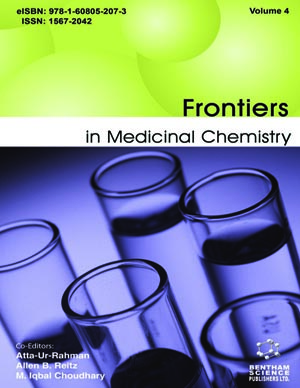Abstract
Collective efforts of academic and industrial research groups have produced great potential for progressively better therapies in treating those afflicted with Alzheimer disease. While dramatic insights have been made regarding the cellular and molecular basis of AD, such mechanistic understanding is incomplete. The neuropathological hallmarks of AD are insufficient markers of early pathological mechanisms and serve poorly as clinical correlates of cognitive function and outcome. Accumulated research indicates that multiple factors are necessary to establish clinical manifestations of AD and dementia identifying AD as a multifactorial disease state where one specific treatment may not prevent or reverse the disease. Appropriately therapeutic targets are not limited to those mechanisms directly identified in generation of these hallmarks but address targets known to impact cognition and neuronal integrity. Successful treatment and evaluation of viable therapies includes co-administration during aging and disease since monotherapy may fail to result in the global suppression of AD. In this review, drug targets and therapeutics will be discussed with specific attention to therapeutic efficacy and new modalities for administration.






















